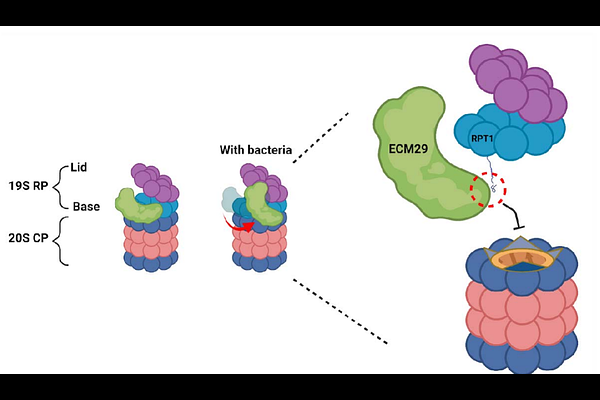Microbial Modulation of Host Plant Proteasome Activity Improves Heat Stress Tolerance

Microbial Modulation of Host Plant Proteasome Activity Improves Heat Stress Tolerance
Lee, J. H.; Carrell, A. A.; Piatkowski, B.; Carper, D. L.; Gunter, L.; Jawdy, S.; Carter, K.; Doktycz, M.; Abraham, P. E.; Schmutz, J.; Lovell, J. T.; Healey, A.; Pelletier, D. A.; Weston, D. J.
AbstractGlobal climate change marked by rising temperatures and increasingly frequent, severe heat waves, threatens plant health, productivity, and ecosystem function. Beneficial plant-microbe associations are increasingly recognized for their role in mitigating abiotic stress, yet the molecular mechanisms underlying microbially-conferred thermotolerance remain poorly understood. Here, we developed a population-based assay using Sphagnum peat mosses, a key species in peatland ecosystems that sequester 33 to 50% of the worlds soil carbon as recalcitrant peat, to perform microbiome transfers and assess microbial contributions to heat resilience. Strain based assays in Sphagnum and Arabidopsis identified Variovorax as a key thermotolerance-enhancing microbe and identified ECM29, a proteasome-associated protein, as critical for this interaction. In Arabidopsis, Variovorax sp. CF313 association led to ECM29 preferentially binding the RPT1 subunit of the 19S regulatory particle, inhibiting 20S proteasome gate opening and slightly reducing proteasomal activity. This results in the accumulation of ubiquitinated proteins and induces HSP70 transcription, priming the host for heat shock stress even in the absence of prior heat exposure. These findings establish ECM29 as a key regulator of proteasome activity in response to microbial interactions, highlighting a previously unknown mechanism by which microbes enhance plant thermotolerance. More broadly, this work highlights the importance of leveraging natural systems and ecologically relevant models to identify strategies for enhancing plant and ecosystem resilience to a changing climate.